Even before the COVID-19 pandemic made a profound impact on our lives, the pandemic of poverty was already affecting the lives of hundreds of millions of people all over the world, including in Australia. In 2020, just before the government created temporary pathways of reducing poverty, and ignored other growing gaps in wealth distribution, there are more than 3.24 million people, or 13.6% of the population living below the poverty line, including 774,000 children. It is a staggering statistic in a country as wealthy, stable, and socially mobile as Australia. We can often fall into the illusion that poverty cannot exist in a so-called developed country like Australia, but the fact is that it can become more hidden, stigmatized, and deceptive in our great home of the Southern Cross.
Anti-Poverty Week was established in 2002 by the Social Justice Project at the UNSW. It is deliberated aligned to the United Nations International Day for the Eradication of Poverty (October 17), from which it drew its inspiration. The aim of the week is to strengthen public understanding of the causes and consequences of poverty and hardship around the world and in Australia. In addition, the week encourages research, discussion, and action to address these problems, including action by individuals, communities, organizations, and governments.
Here are some great resources to access, in order to complement your existing knowledge, as well as help inform others about its important aspect and reality of our world and our lives, especially our brothers and sisters who are most seriously impacted by poverty, and those who contribute to either its continuation or eradication.
The first place to start is the organization that spearheads the initiative: Anti-Poverty Week, coordinated through a National Facilitating Group, and sponsored mostly by the University of NSW, the Scully Fund, Berry Street, St Vincent de Paul, Life Course Centre, and the Brotherhood of St Laurence. Their website is full of resources, fact sheets, and activities for schools: https://antipovertyweek.org.au/
The United Nations has more resources, information, and initiatives to end poverty that you might think! You could easily fall down a rabbit hole or two investigating all the information that the UN releases! As mentioned, this Saturday 17th October is the International Day for the Eradication of Poverty, and that is running a #endpoverty campaign as part of the day. Start here: https://www.un.org/en/observances/day-for-eradicating-poverty
Check out this article from the Guardian in June of this year, which highlights the ongoing challenges of poverty, its underlying causes and contributors, and the impact of the COVID-19 pandemic: https://www.theguardian.com/global-development/2020/jul/11/covid-19-has-revealed-a-pre-existing-pandemic-of-poverty-that-benefits-the-rich
Pope Francis has just completed his latest TED talk, and he remains a powerful voice in highlights the failure of the current economic system. He continues to highlight, as well, the connections between climate change, poverty, and the need to create a more sustainable way of living for everyone, especially the poor who are the ones who feel the consequences of all these realities most acutely. The video is only 13 minutes in length, and definitely worth it. Check it out here:
